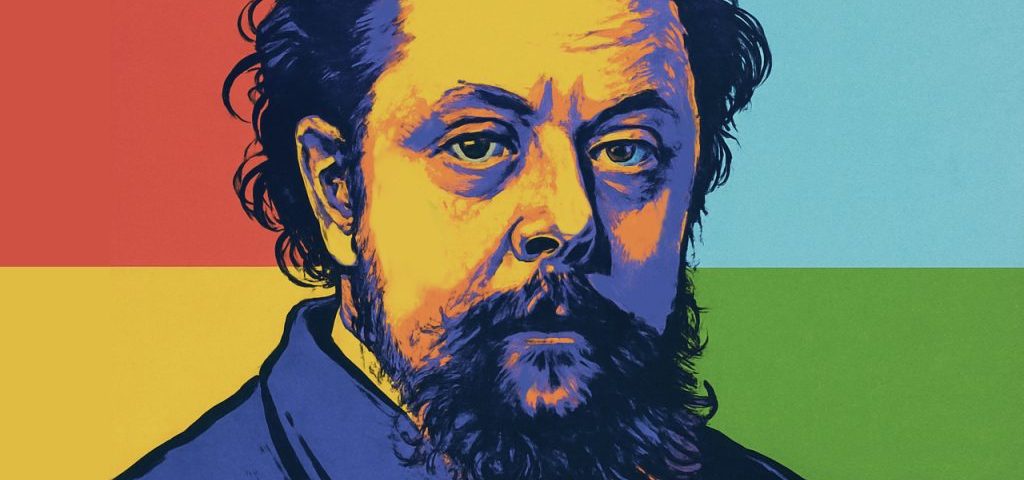The Role of Classical Music in Video Games: Elevating Play Through Timeless Soundscapes
Classical music has emerged as a powerful storytelling force in the video game industry, transforming gameplay into an emotionally rich, cinematic experience. Game developers increasingly rely on classical compositions to elevate their narratives, evoke atmosphere, and immerse players in complex worlds. This partnership between symphonic tradition and cutting-edge digital design is no accident—it’s a deliberate artistic choice that adds depth, sophistication, and emotional resonance to modern games.
Acclaimed composer Austin Wintory, known for his work on Journey, once noted:
“Games are not bound by genre, and music shouldn’t be either. Classical music’s complexity and emotional range give game worlds a soul.”
In fact, classical music plays a vital role in gaming across five key areas:
Setting the Tone: Atmosphere and Immersion
Music sets the tone from the opening notes of a game. Classical pieces are often used in period-based or fantasy games to transport players into the world instantly. For example, Assassin’s Creed features baroque compositions to reflect the elegance and drama of Renaissance Europe. Likewise, the haunting strains of Debussy or Ravel in indie titles create dreamlike atmospheres that pull players into emotional, narrative-driven experiences.
Emotional Storytelling Through Timeless Scores
Games like The Legend of Zelda and Final Fantasy borrow the grandeur of classical motifs—sometimes directly referencing composers like Wagner or Holst—to underscore heroism, tragedy, and triumph. These orchestral elements heighten storytelling moments and add emotional complexity to character arcs and cinematic cutscenes.
A Familiar Anchor in Unfamiliar Worlds
In horror or sci-fi games, classical music is often used ironically or unexpectedly to add psychological tension. For example, Tchaikovsky’s Swan Lake in BioShock Infinite or Mozart’s Requiem in survival games create stark juxtapositions that heighten unease or reflect the decayed elegance of once-great civilizations.
Education and Cultural Appreciation
Games like Eternal Sonata go a step further by building entire narratives around composers themselves. This game, set during the final hours of Chopin’s life, combines fantasy RPG gameplay with facts about the composer’s works and legacy, introducing classical music to younger audiences in interactive ways.
Original Compositions Inspired by the Classics
Many modern composers for video games, such as Austin Wintory (Journey) or Koji Kondo (Super Mario), draw direct inspiration from classical traditions. Their scores feature full orchestras, thematic development, and leitmotifs reminiscent of operas and symphonies, seamlessly blending the old with the new.
Classical music and video games have forged a dynamic and enduring partnership—one that bridges centuries of musical tradition with the ever-evolving world of interactive entertainment. Far from being background filler, classical compositions shape the emotional landscape of a game, guiding the player through dramatic narratives, thrilling action sequences, and moments of introspective calm. Whether it’s an original orchestral score or a reimagining of a timeless symphonic piece, the presence of classical music adds a level of sophistication and emotional depth that other musical genres often struggle to match.
As the gaming industry grows both technologically and artistically, classical music remains a foundational element that enhances immersion and storytelling. Developers and composers often turn to the works of Beethoven, Tchaikovsky, Debussy, and other masters to underscore epic themes, complex characters, and emotional turning points. At the same time, original compositions inspired by classical styles are helping create modern masterpieces in franchises like Final Fantasy, Halo, and The Legend of Zelda. This creative synergy not only enriches gameplay but also serves as an entry point for younger audiences to discover and appreciate the beauty of classical music in a modern context.

